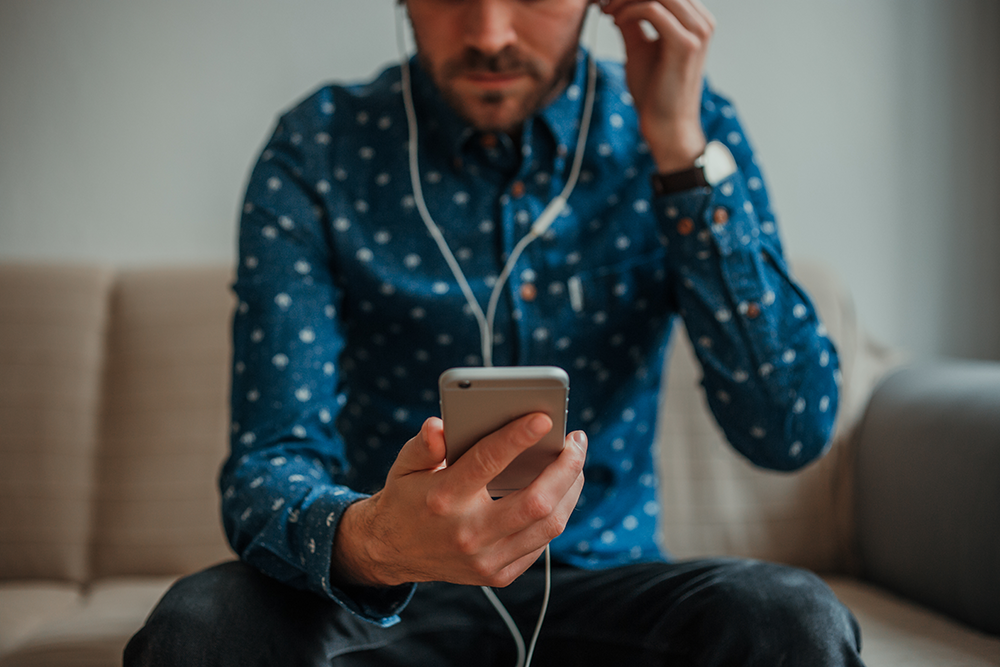 Although there are billions of people on this planet, many of us still find ourselves feeling lonely. We often struggle with our recovery if we aren’t getting the social interaction that we are used to getting. Loneliness can impact your recovery in many ways. Continue reading to learn more.
Although there are billions of people on this planet, many of us still find ourselves feeling lonely. We often struggle with our recovery if we aren’t getting the social interaction that we are used to getting. Loneliness can impact your recovery in many ways. Continue reading to learn more.
Why Does Loneliness Matter?
Loneliness and isolation have been declared a public health crisis in some areas, such at the U.K. This is because loneliness, says Kerstin Gerst Emerson, a clinical assistant professor at the University of Georgia’s College of Public Health, “is just as much or more important [than smoking, obesity, bad diets, and little exercise] when it comes to mortality.”
There is a 26% jump in mortality risk when loneliness comes into play, says a study from Brigham Young University. Furthermore, loneliness matters because of the toll it takes on your body physically. From hypertension to cardiovascular disease to diabetes, isolation can increase inflammation, metabolic abnormalities, high blood pressure, and abnormal stress responses in the body. All of these things are critical to our health and can really wreak havoc on the body.
What Constitutes Loneliness?
Loneliness can look different for different people because it is subjective. You could feel lonely if you are physically alone, or even if you are surrounded by people but not connected to them. Others may be content with living alone and having only a few good connections. It’s all up to interpretation. There are risk factors for loneliness, but they aren’t always perfect at predicting loneliness. Emerson says that “we usually define [loneliness] as a discrepancy between what someone has and what they want.” This is usually studied via self-reporting questionnaires. It’s important to note that everyone feels lonely occasionally. Just because you feel lonely for one day does not mean you are suffering from chronic loneliness. However, if someone is reporting feeling lonely, they may feel depressed or irritable. This can often make people not want to be around a lonely person, which further exacerbates the loneliness.
How Can Loneliness Impact My Recovery?
Loneliness can impact your recovery in many ways. It can isolate you and prevent you from getting help. This is why it’s essential to push yourself a bit if you are isolating. Reaching out for help can feel like a huge task, but it’s worth it if you need extra support during your recovery. A way to combat loneliness is by attending social gatherings, joining social groups, or even just getting coffee with a friend every once in a while. This serves as a sort of exposure therapy to combat your loneliness. The less lonely you feel, the better your recovery will go.
The Guest House is here to help you combat your loneliness in your recovery. Call us today at 855-483-7800. We can’t wait to speak with you!